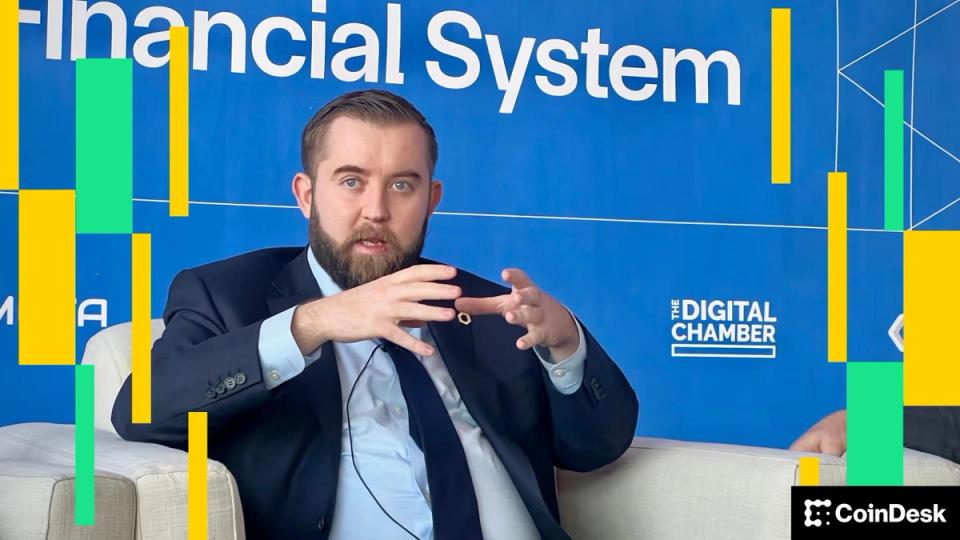Chainlink and Apex Group said they have completed a pilot project with Bermuda’s financial regulator, the Bermuda Monetary Authority, to test how blockchain infrastructure can help enforce stablecoin rules directly on-chain.
Unveiled at Chainlink’s SmartCon, the testnet pilot, conducted through the authority’s Innovation Hub, brings together a group of blockchain tools designed to give regulators ongoing visibility into the support and circulation of a stablecoin.
The system uses Chainlink’s proof of reserve to publish reserve data on-chain and Secure Mint to limit token issuance beyond what is backed.
Apex Group, which manages $3.5 trillion in assets, according to a press release shared with CoinDesk, provided custody and reserve data. Chainlink’s Automated Compliance Engine (ACE) integrated Bermuda-specific policy requirements into the operation of the stablecoin, while its Cross-Chain Token standard supported movement between blockchains.
Hacken, a blockchain security and compliance company, has added real-time monitoring of compliance risks, including reported wallet activity or unexpected on-chain behavior.
The system also connects verified issuers to minting wallets through Bluprynt’s identity layer, helping to tie token issuance to real-world entities. Bluprynt is a compliance infrastructure developer.
The pilot simulated how monitoring could work if compliance checks were applied automatically on-chain rather than through after-the-fact reporting.
The project is part of Chainlink’s broader efforts to support institutional adoption of tokenized assets. Its Chainlink Runtime Environment (CRE), announced yesterday, is already used by banks such as JPMorgan and UBS to build cross-chain applications.




